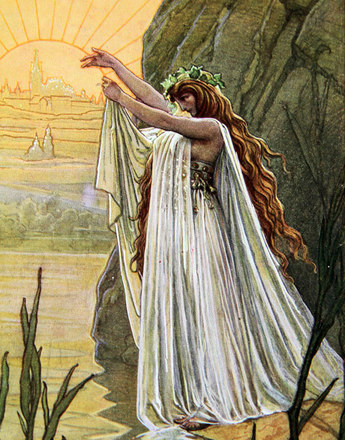-

“Massacre of the nobles in Galicia”, illustration, 19th century
Copyright: Schloß Schönbrunn Kultur-und Betriebsges.m.b.H./Fotograf: Alexander E. Koller
-

Roman Kochanowski: The Vavel, the Royal Castle in Kraków, illustration
Copyright: Schloß Schönbrunn Kultur-und Betriebsges.m.b.H./Fotograf: Alexander E. Koller
Jeszcze Polska nie zginęła,
Kiedy my żyjemy.
Co nam obca przemoc wzięła,
Szablą odbierzemy.
Translation:
Poland is not yet lost,
as long as we live.
We shall win back with the sword
what foreign tyranny took from us.
The Polish national anthem was composed in 1797 as a battle song of the Polish Army in Exile in Italy.
Batowski, Henryk: Die Polen, in: Wandruszka, Adam/Urbanitsch, Peter (Hrsg.): Die Habsburgermonarchie 1848–1918, Band III: Die Völker des Reiches, Wien 1980, Teilband 1, 522–554
Hoensch, Jörg K.: Geschichte Polens. (3. Auflage), Stuttgart 1998
Křen, Jan: Dvě století střední Evropy [Zwei Jahrhunderte Mitteleuropas], Praha 2005
Rumpler, Helmut: Eine Chance für Mitteleuropa. Bürgerliche Emanzipation und Staatsverfall in der Habsburgermonarchie [Österreichische Geschichte 1804–1914, hrsg. von Herwig Wolfram], Wien 2005
-
Kapitel
- Poles and Ruthenians in the Habsburg Monarchy
- At the Margins of the Empire: Galicia and Bukovina
- The struggle of the Poles for their nation: Poland is not yet lost!
- Compromise with Vienna: Polish Autonomy in Galicia
- The Poles in the First World War: a Nation as Football for the Great Powers
- The Great Unknown: The Ruthenians
- Approach and Rejection: The Ruthenians between Austria and Russia



